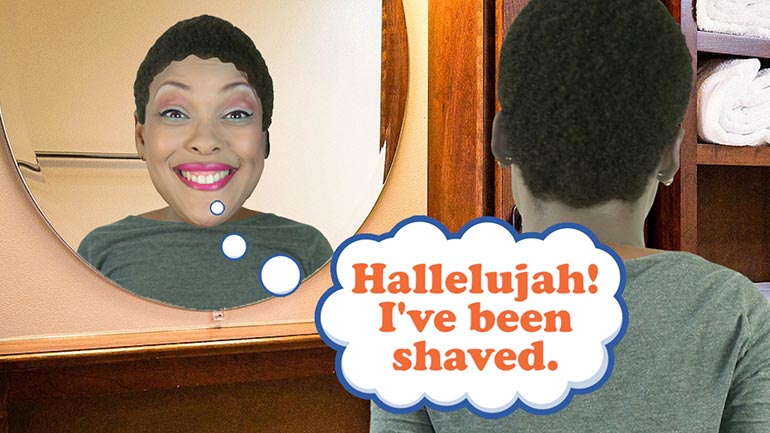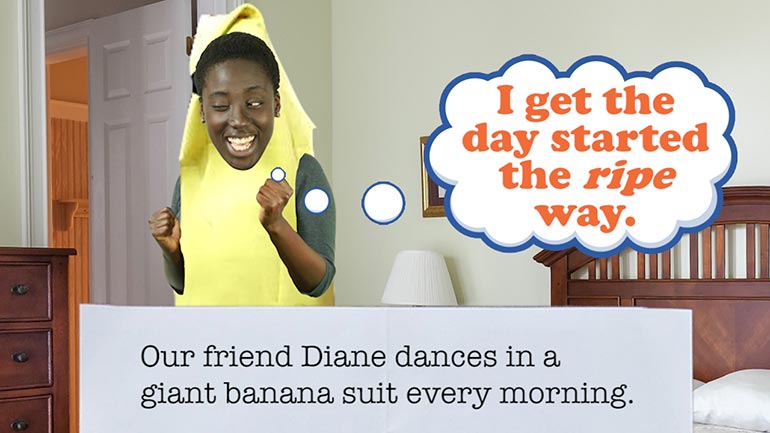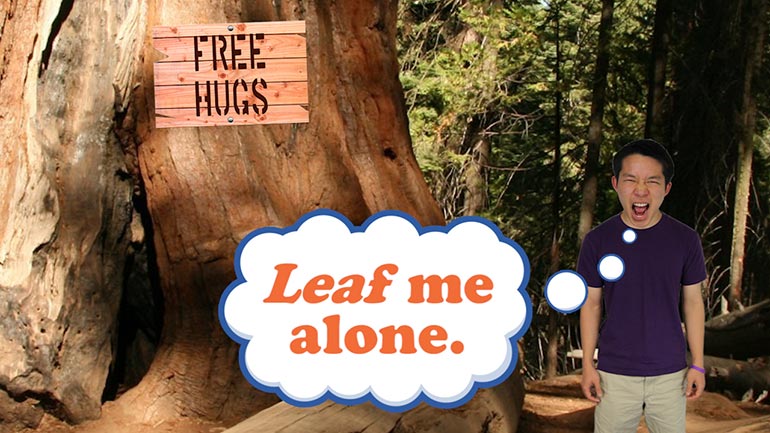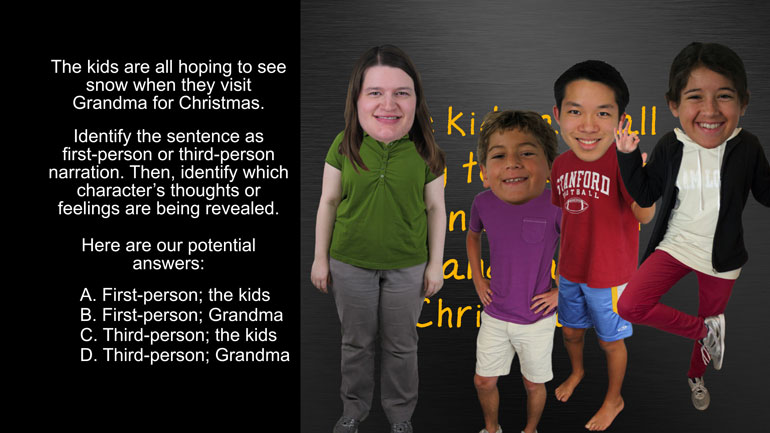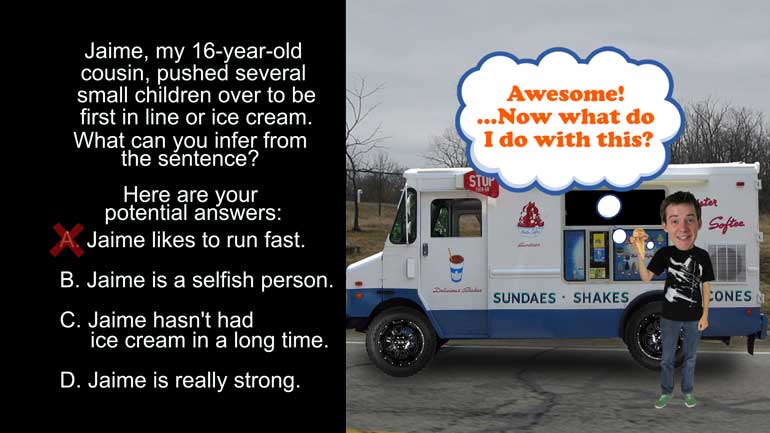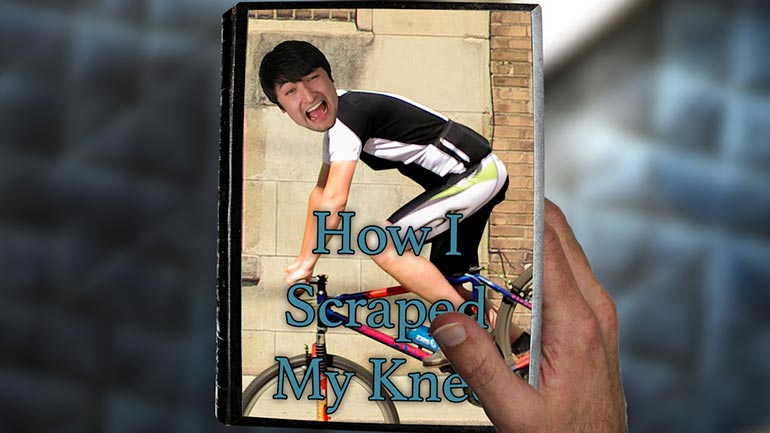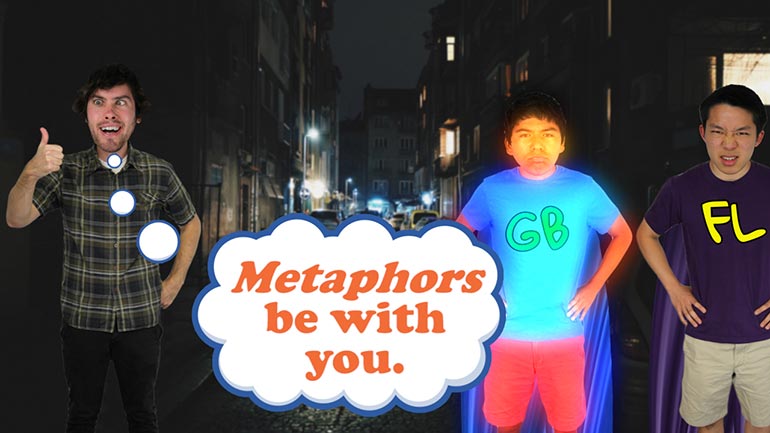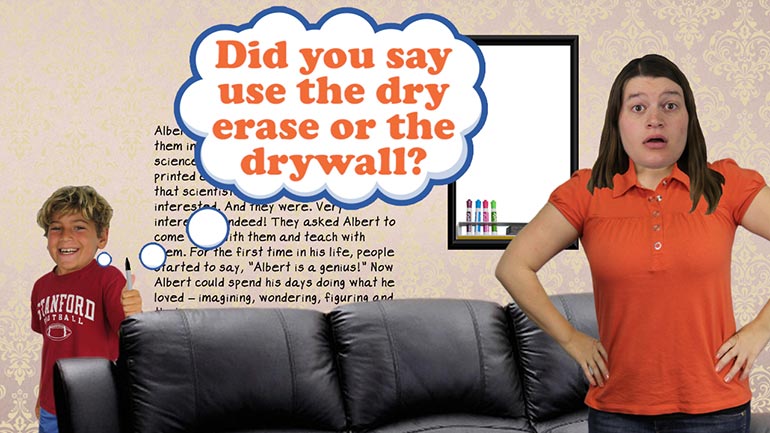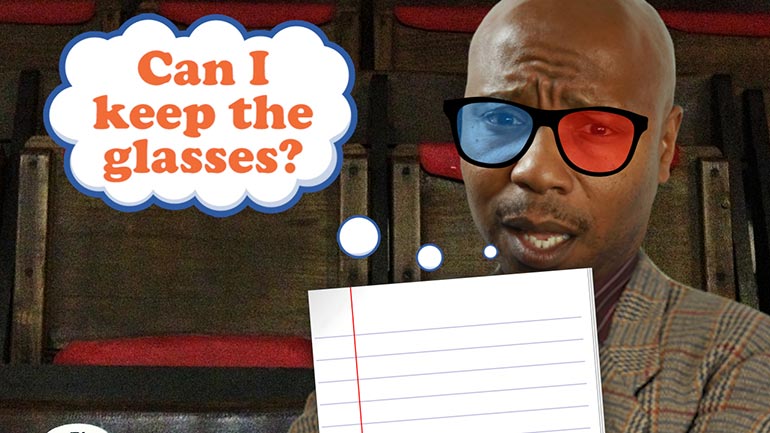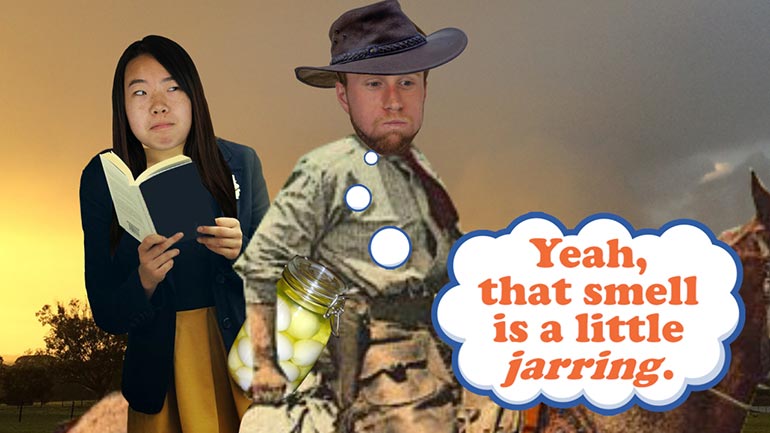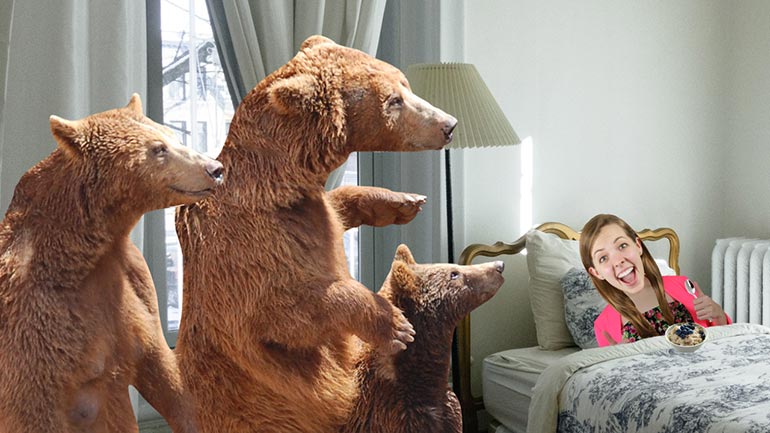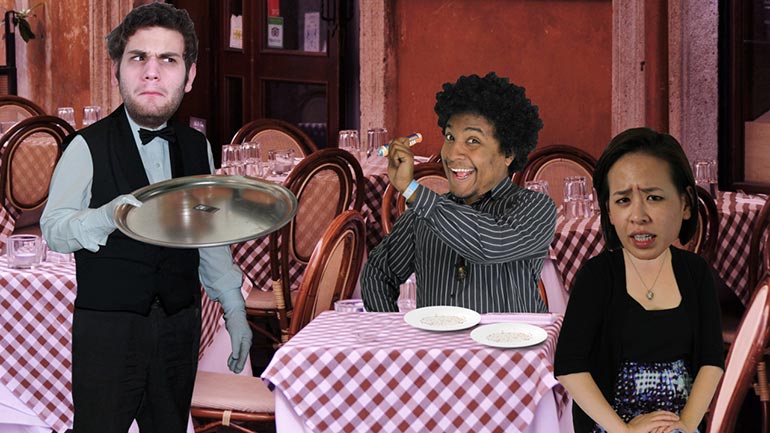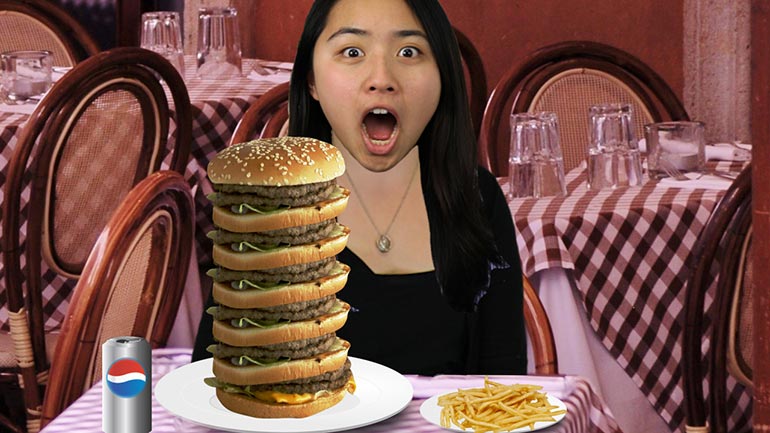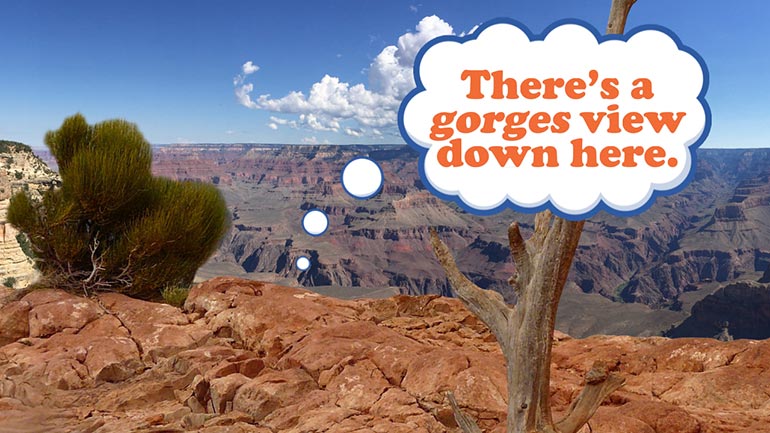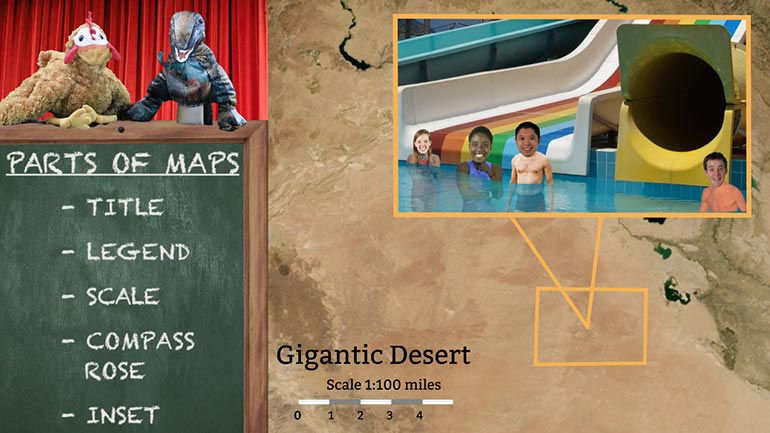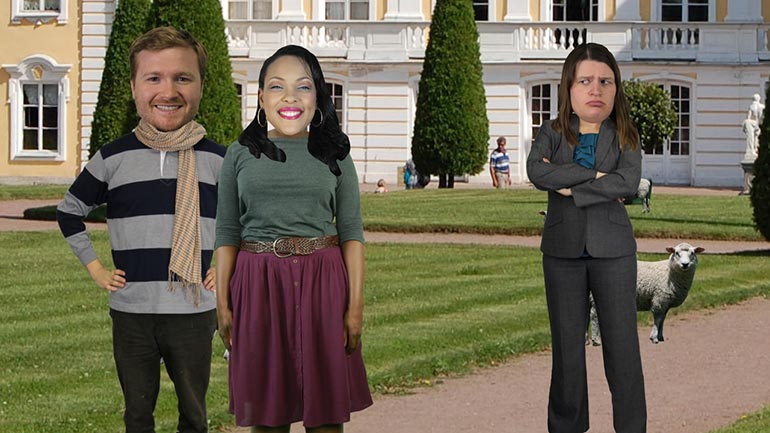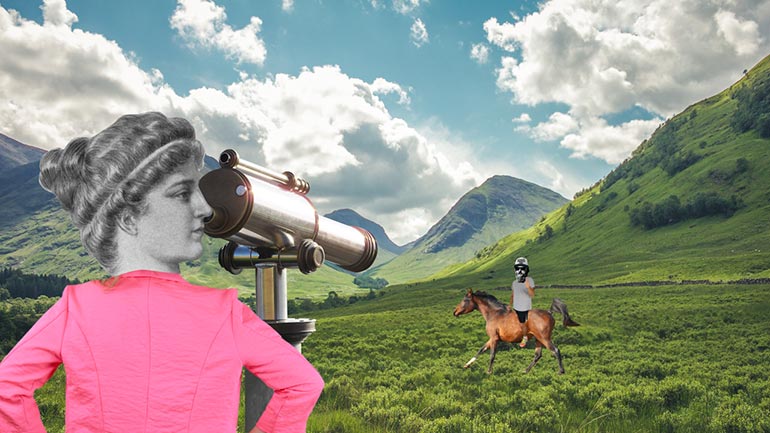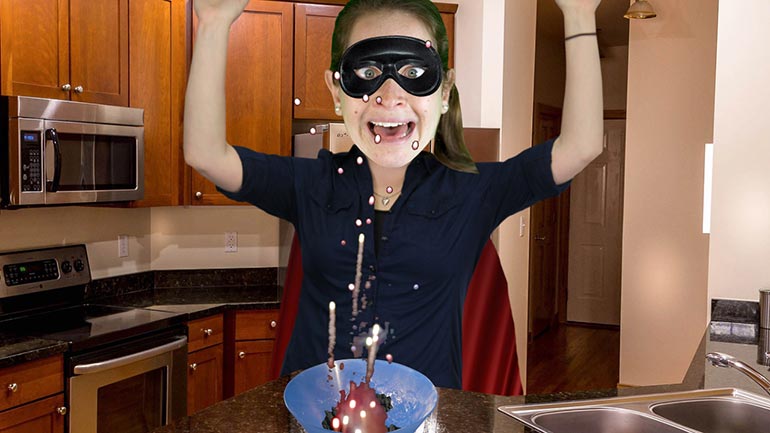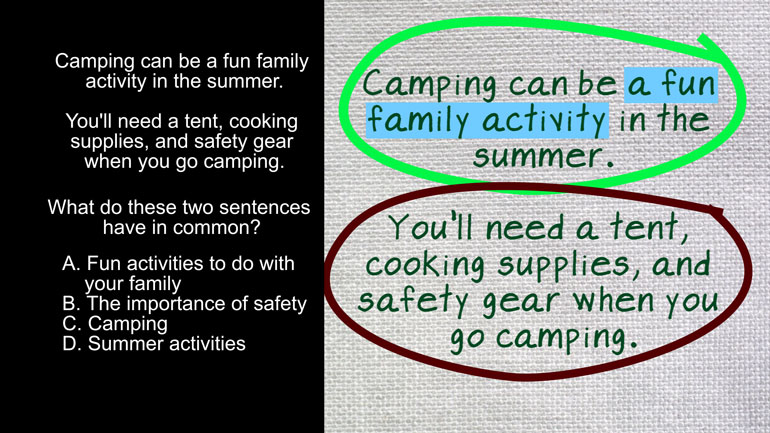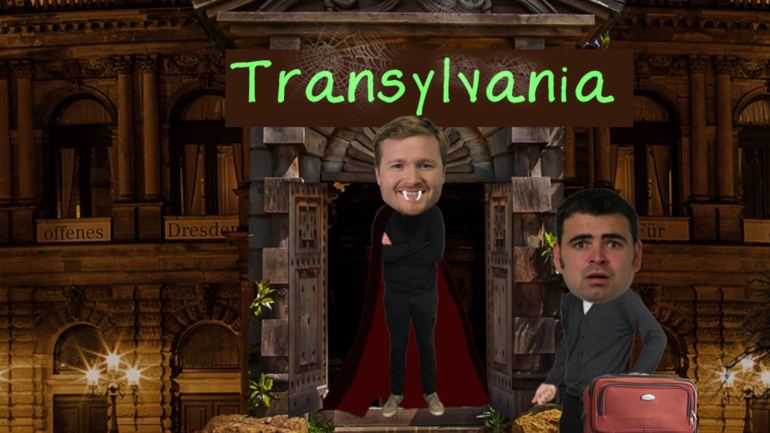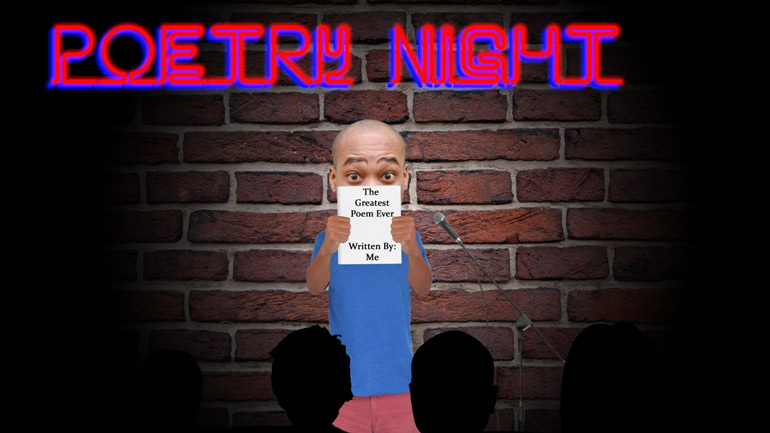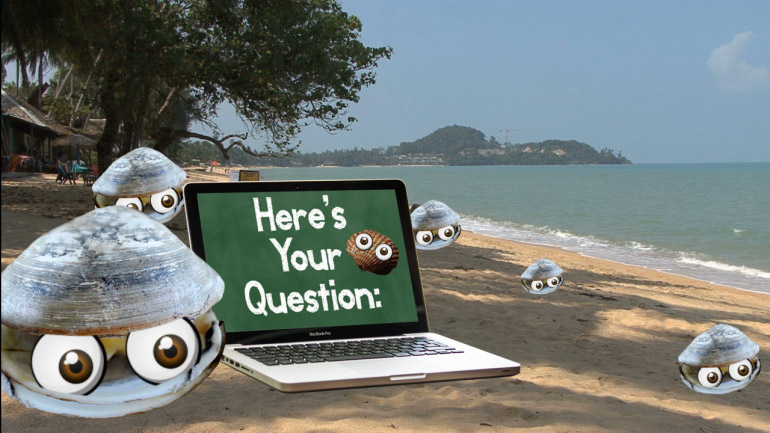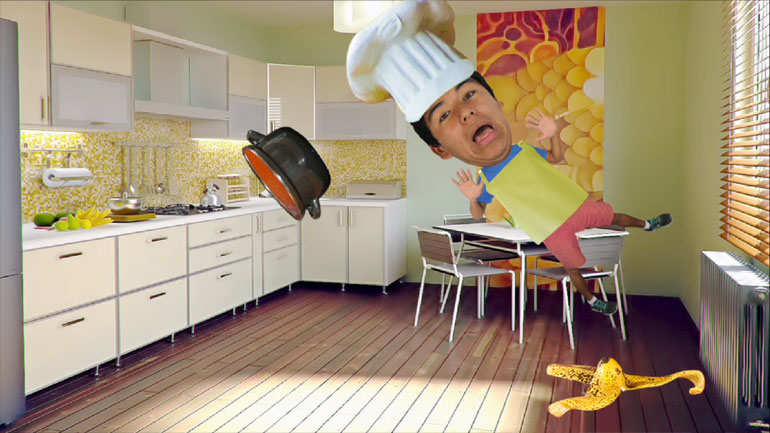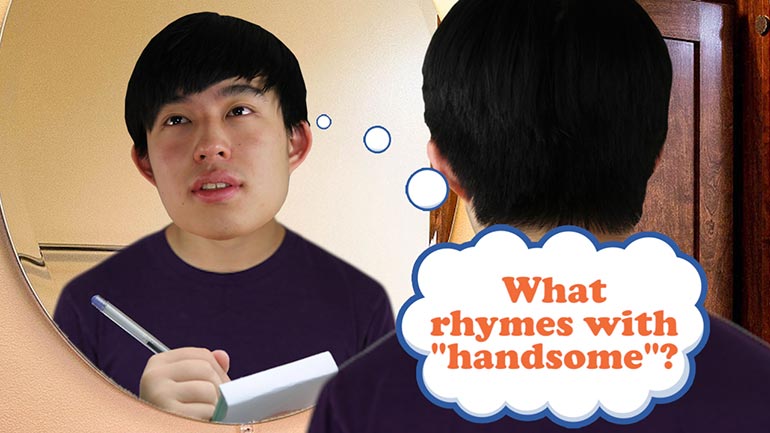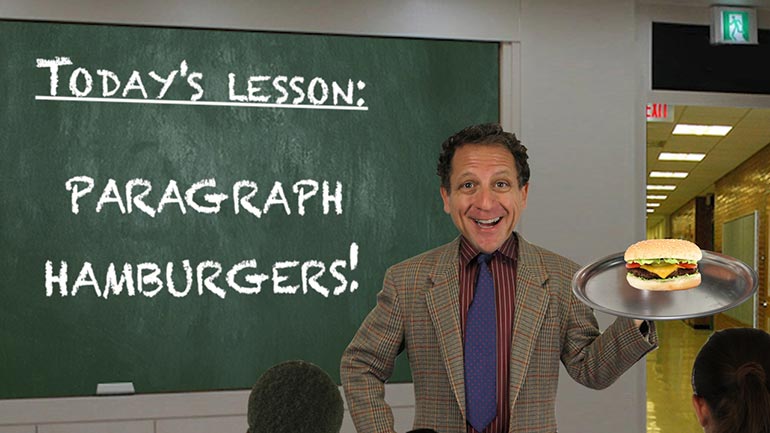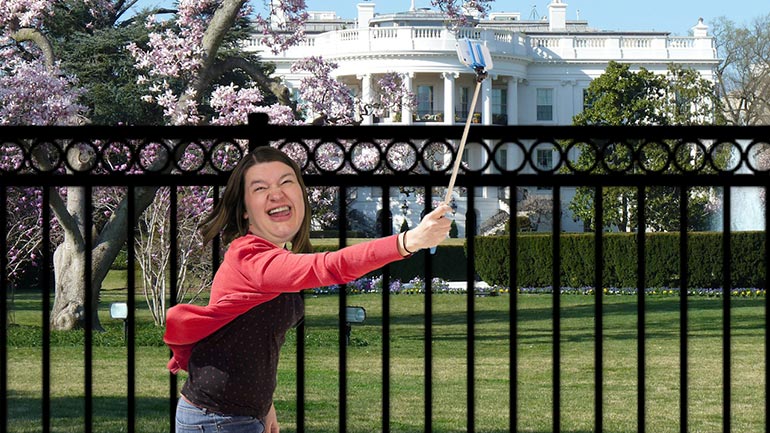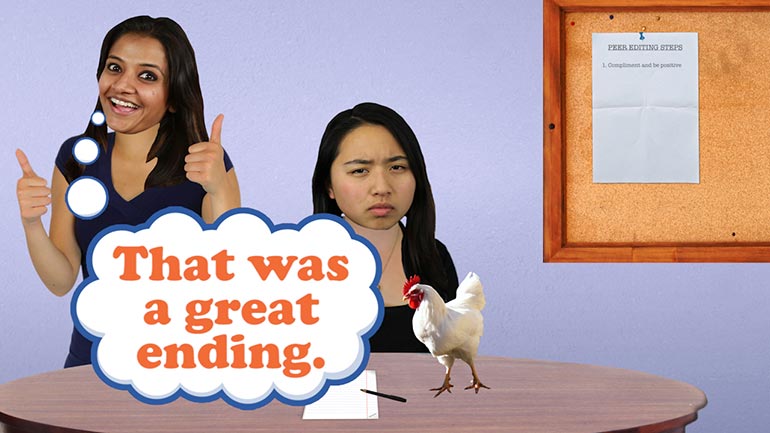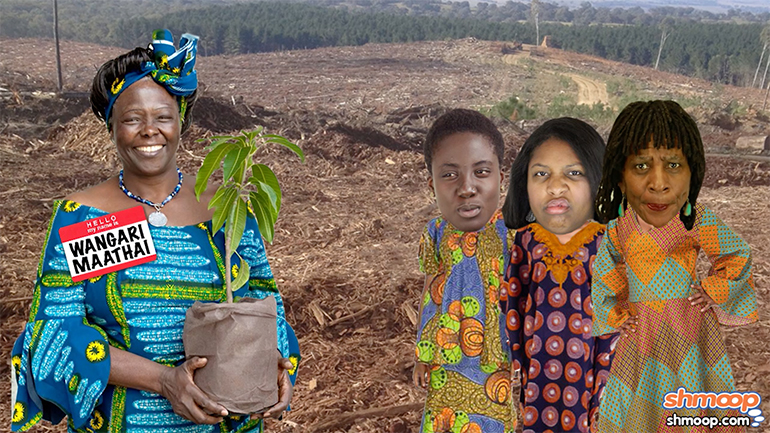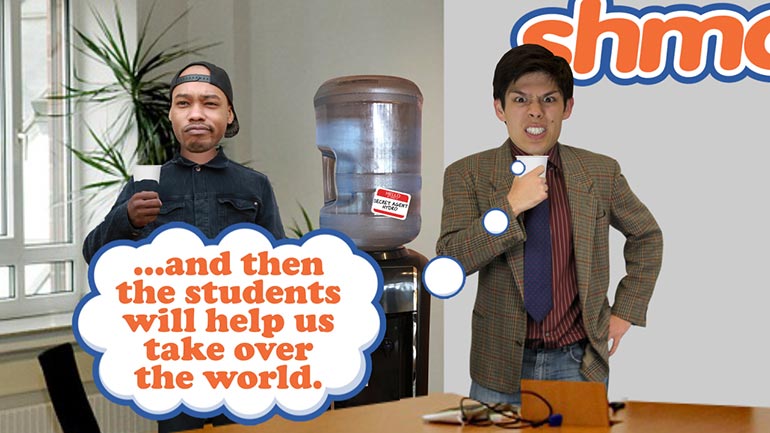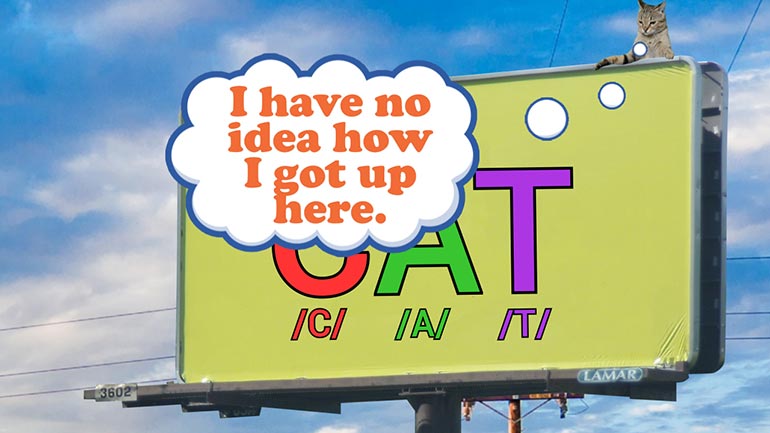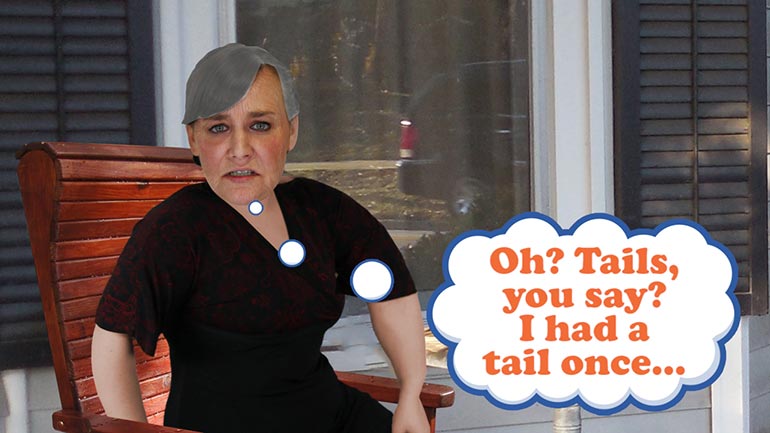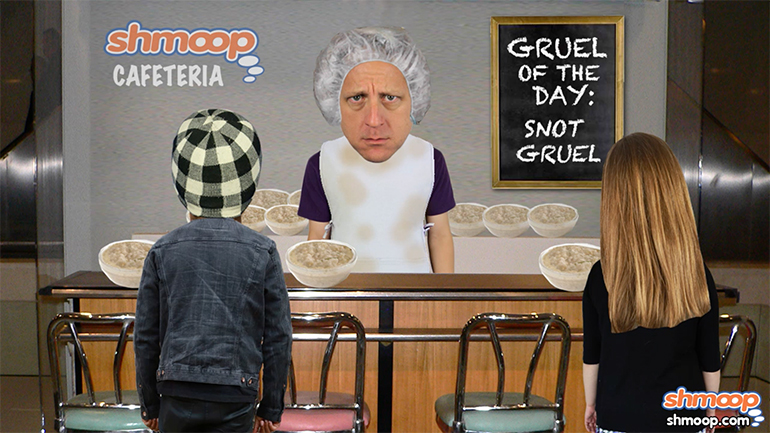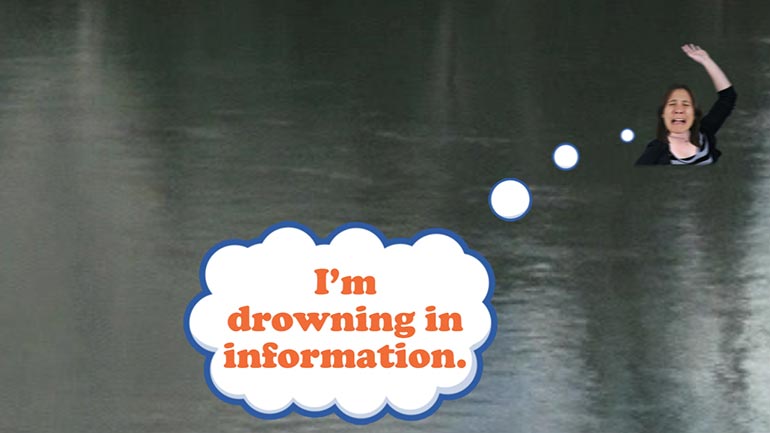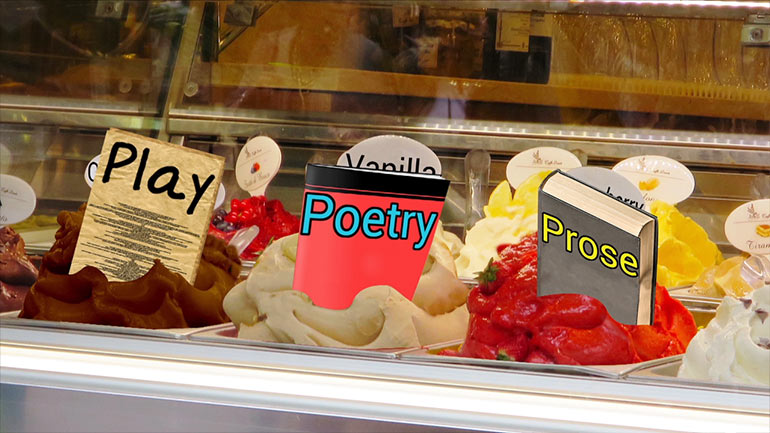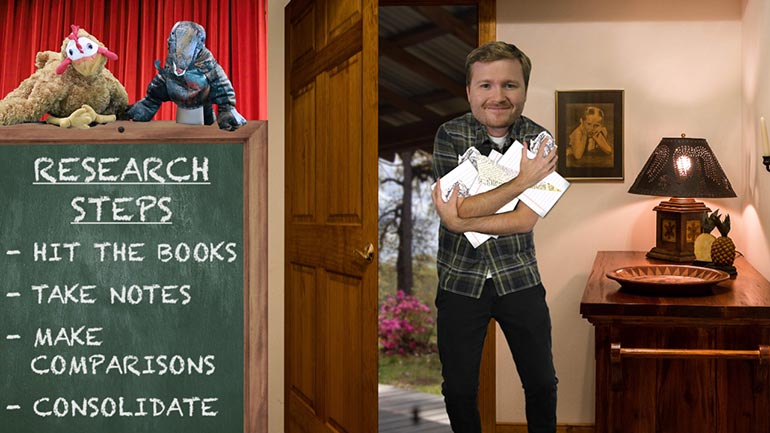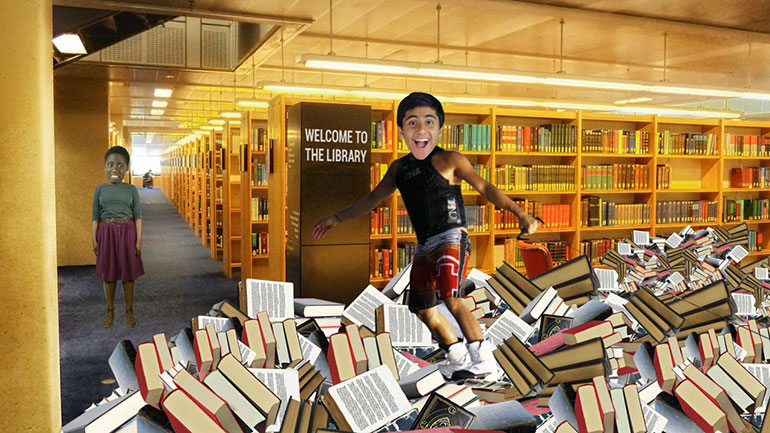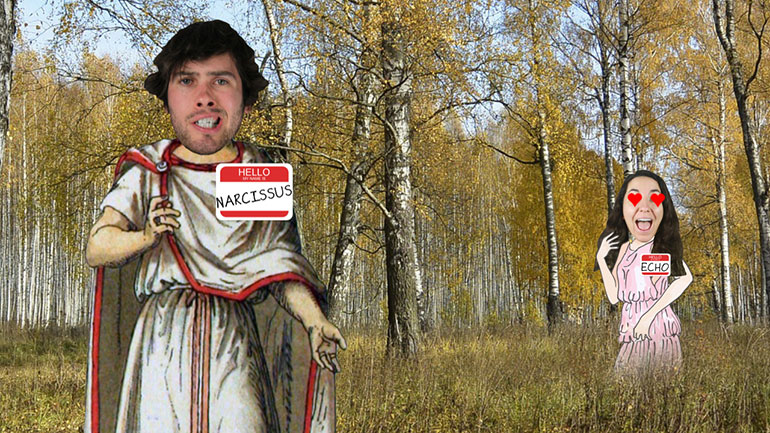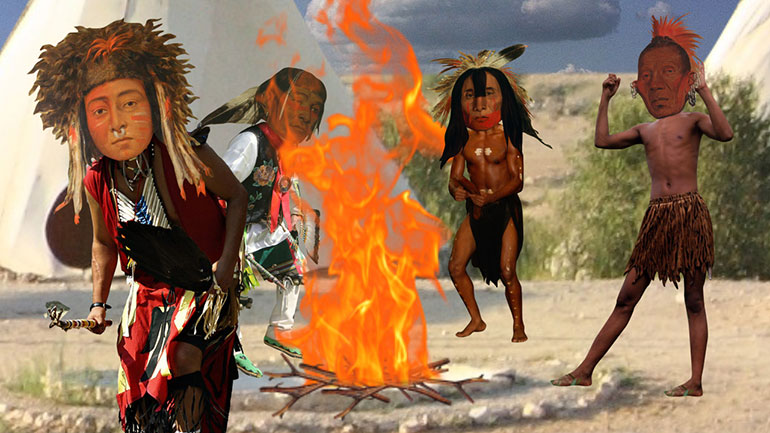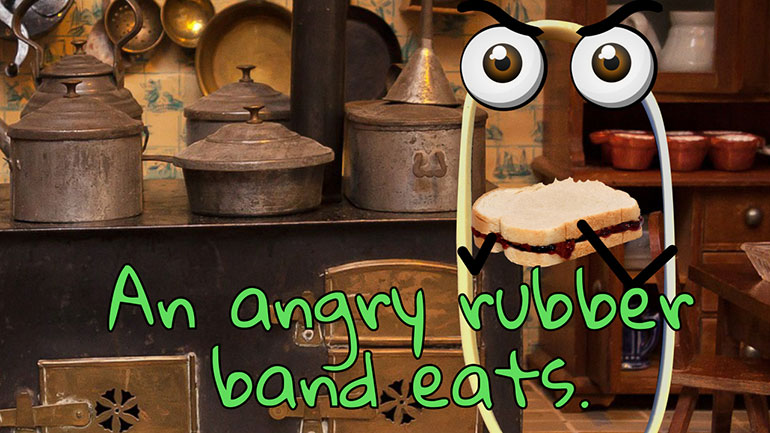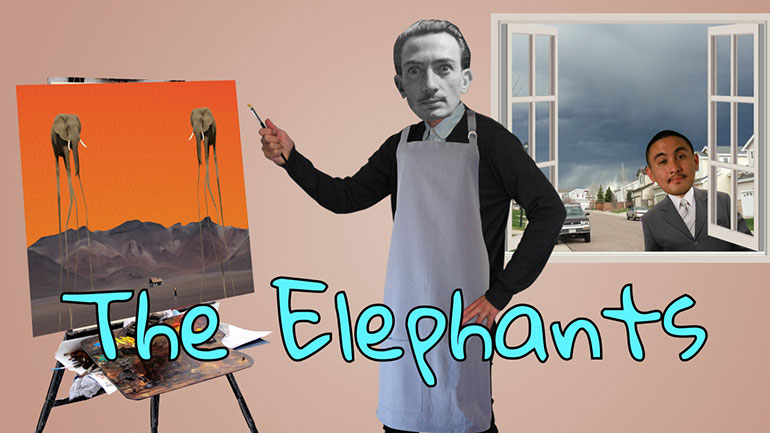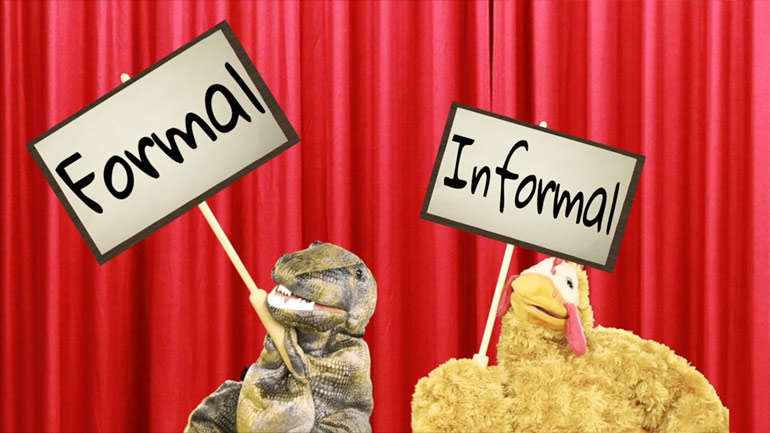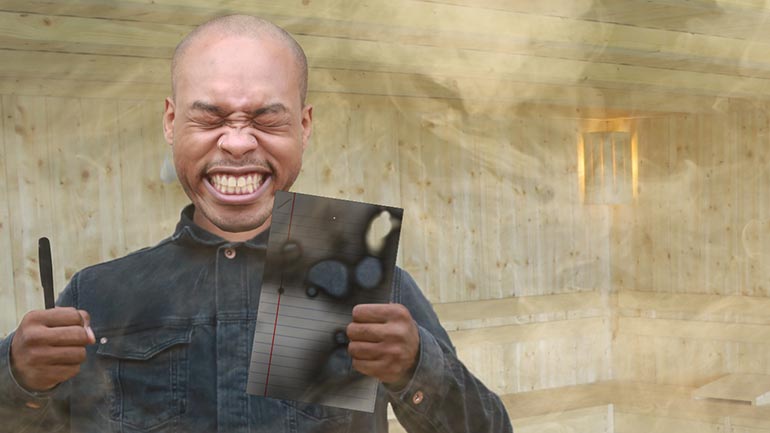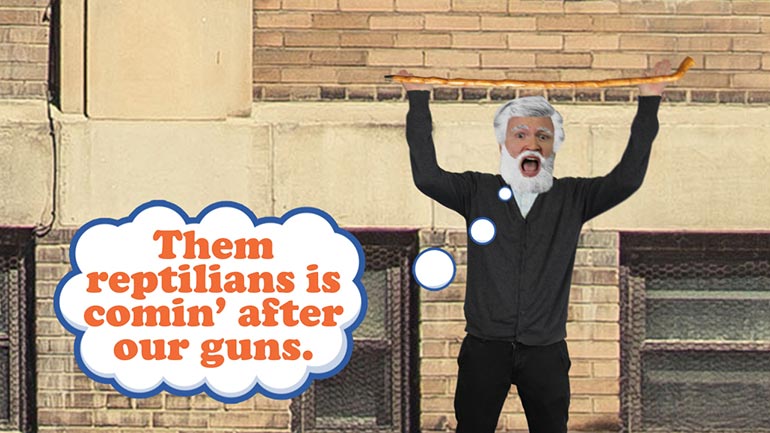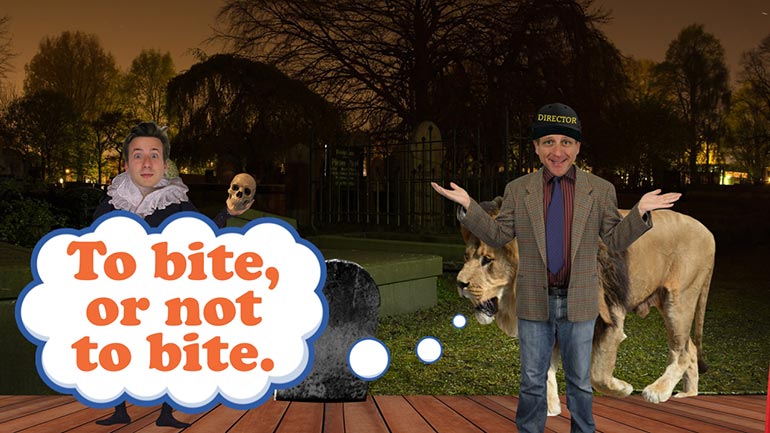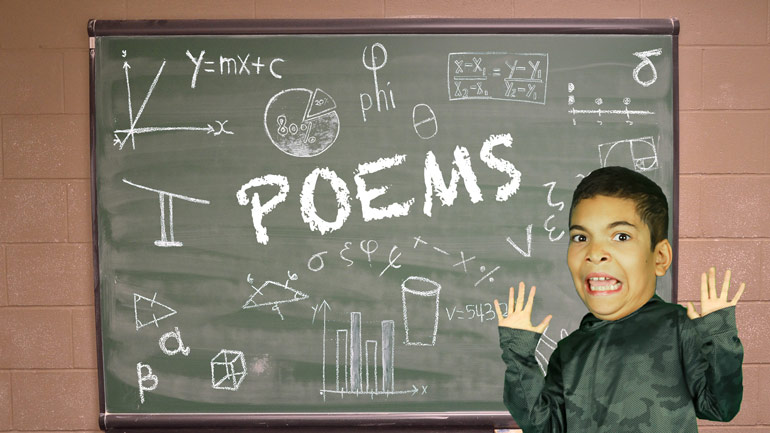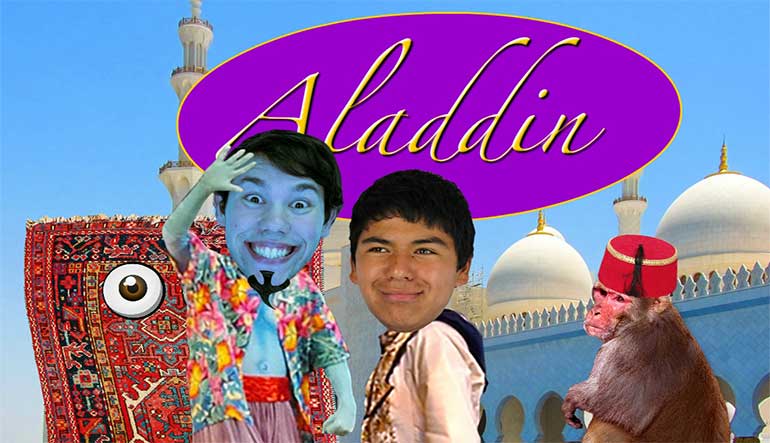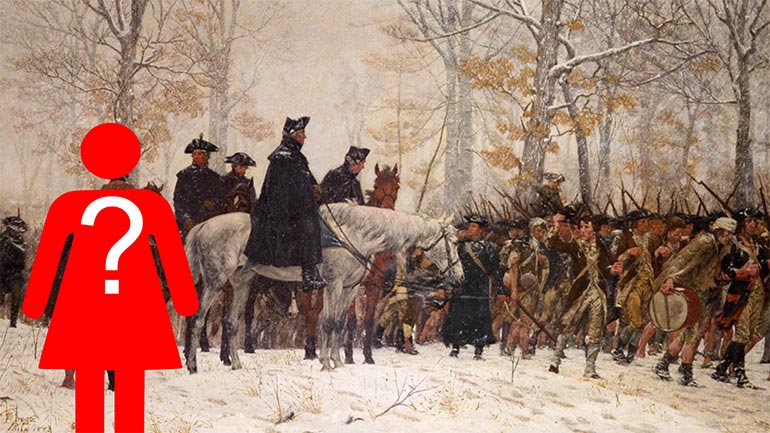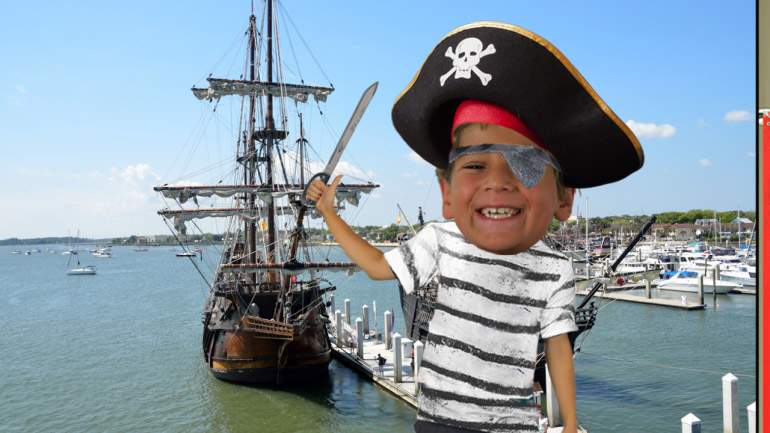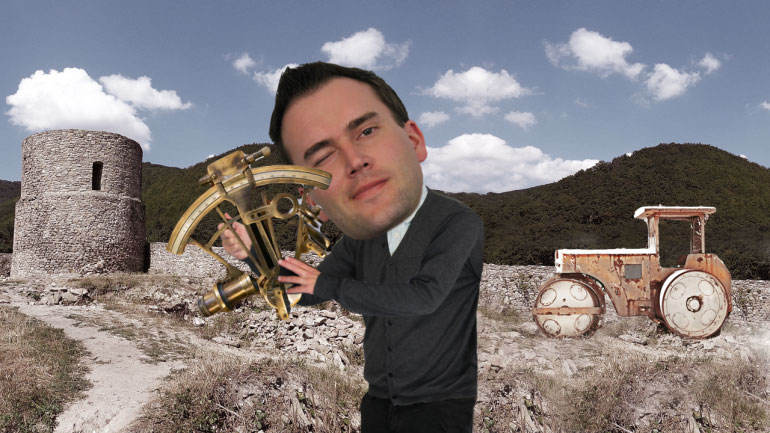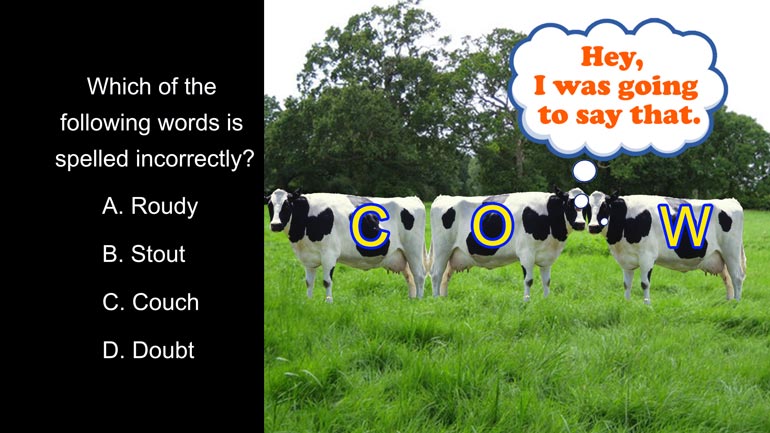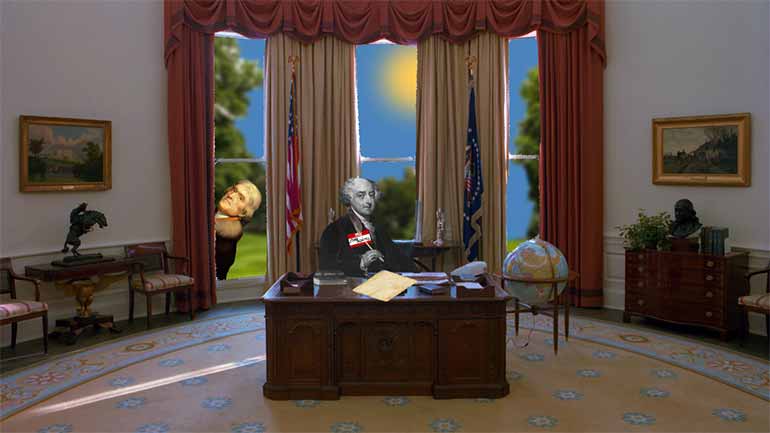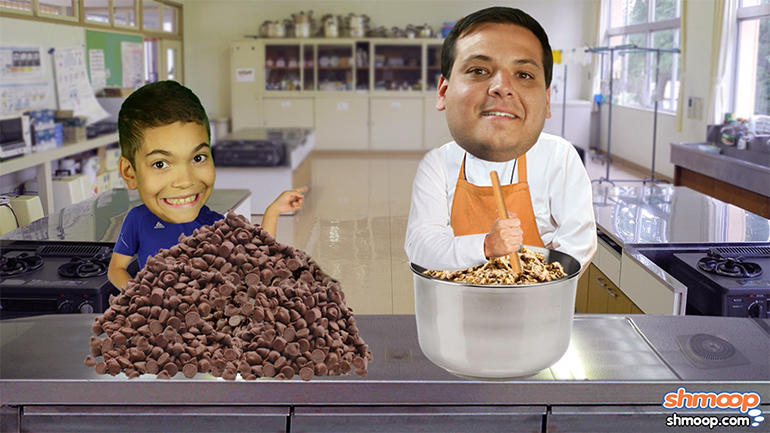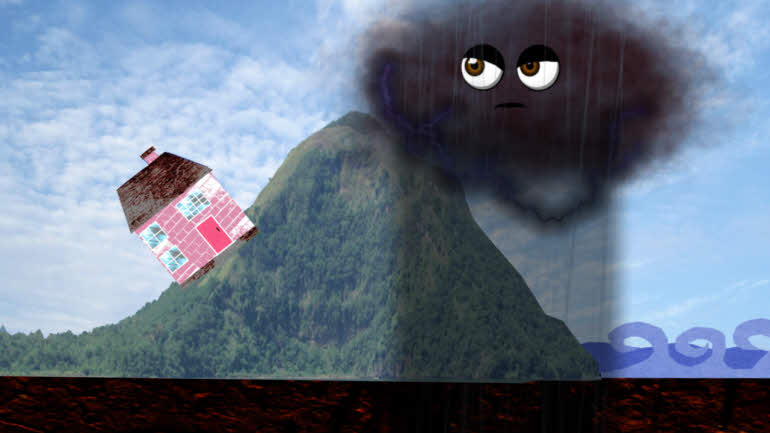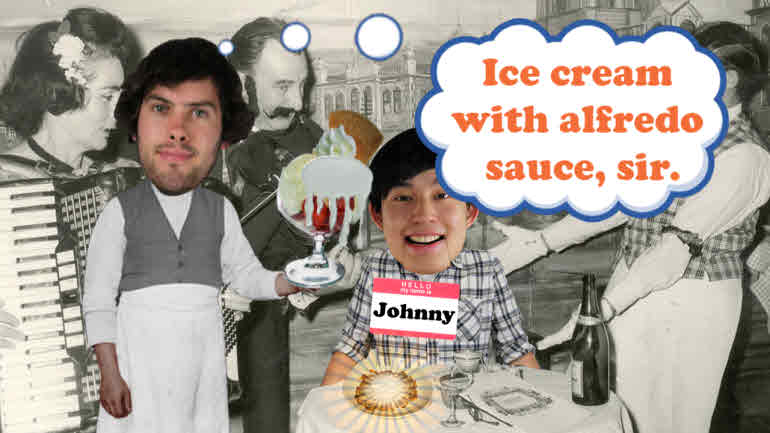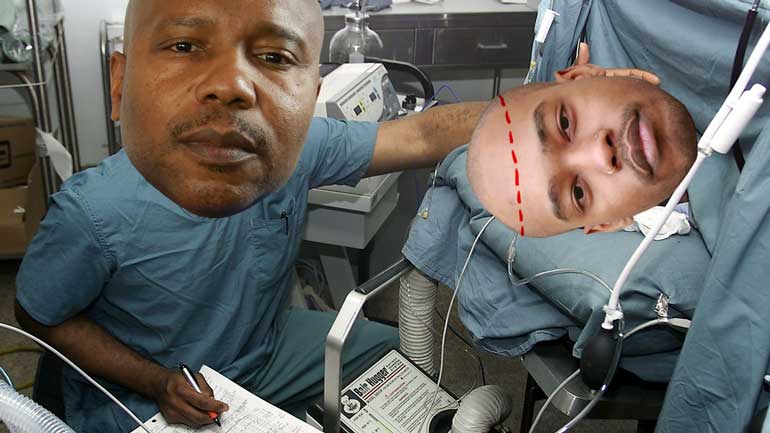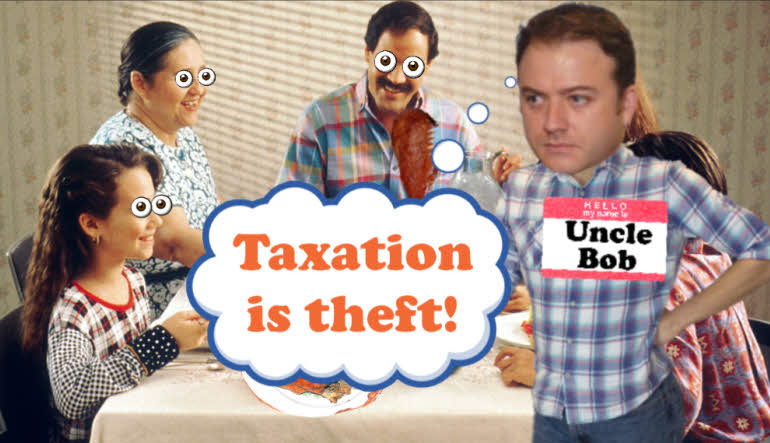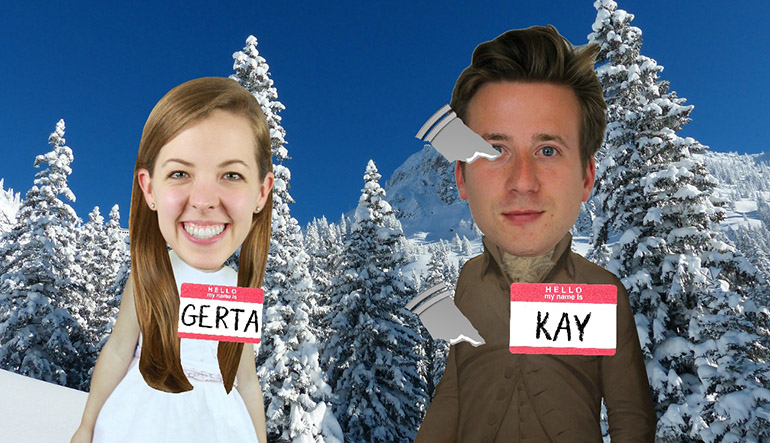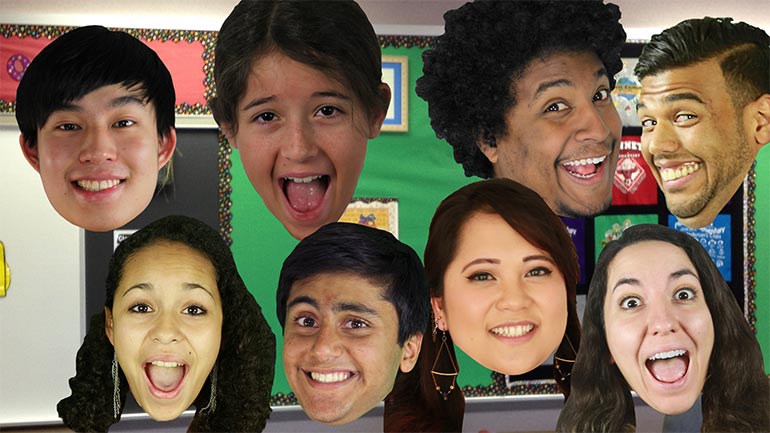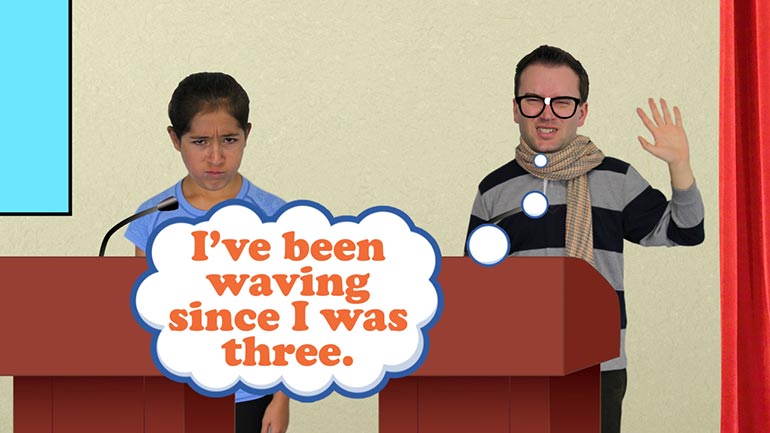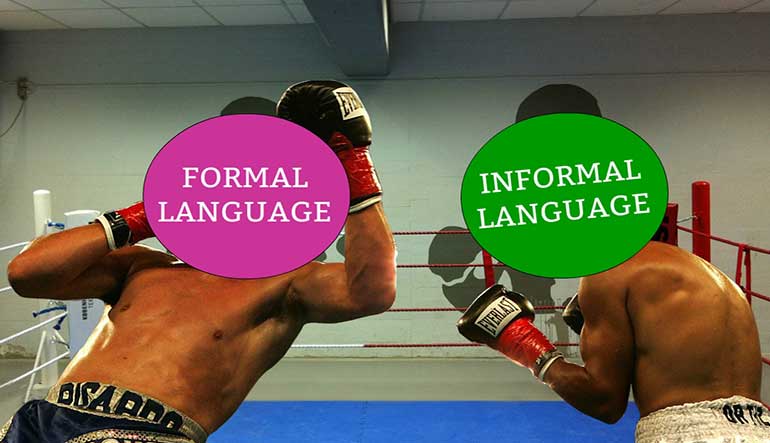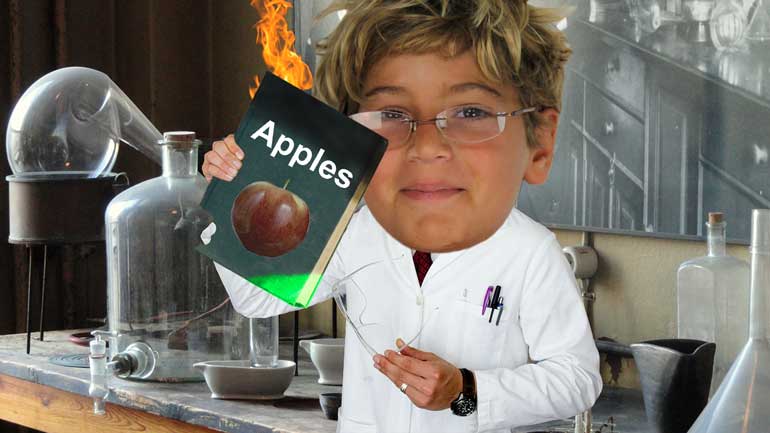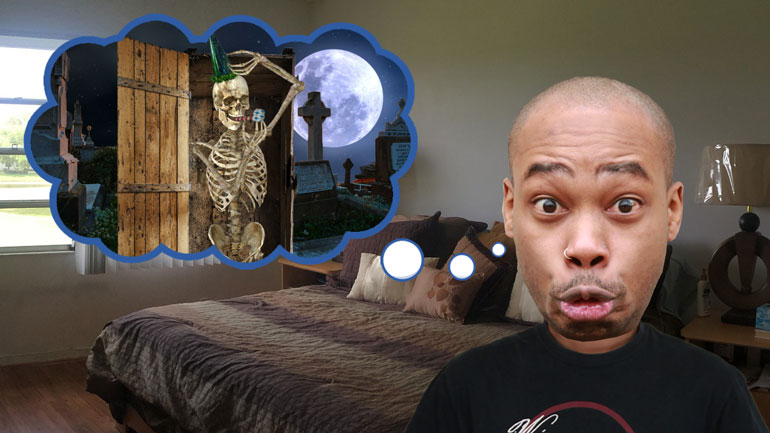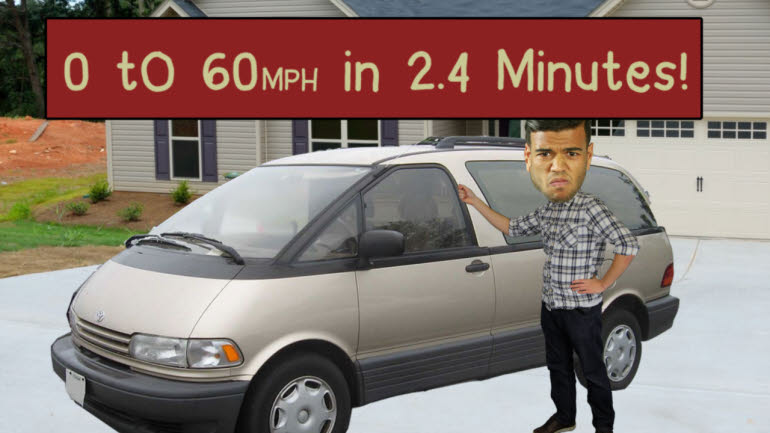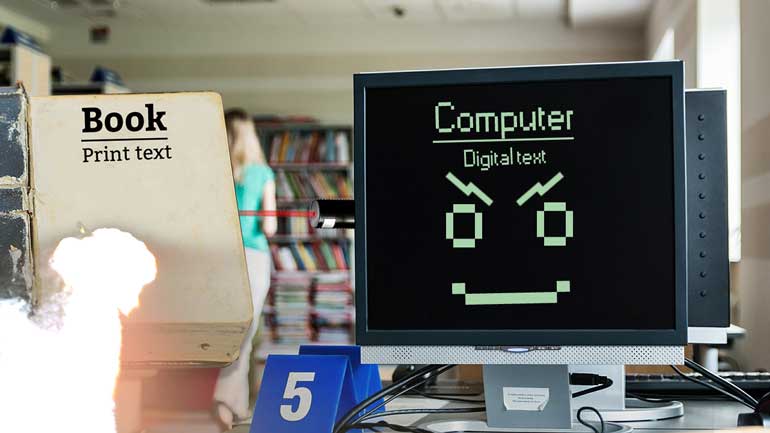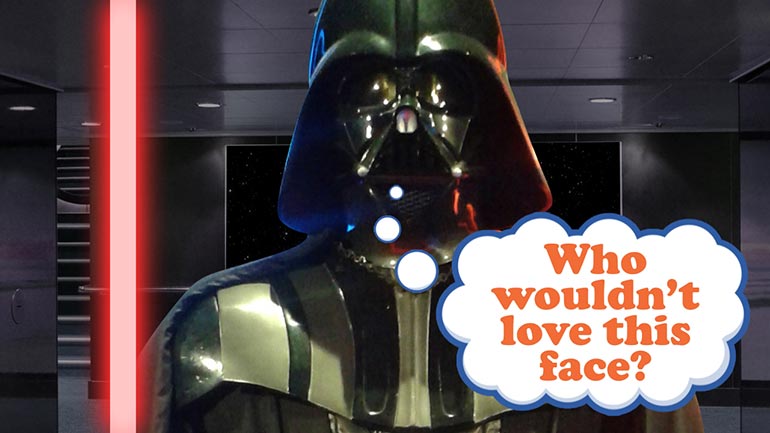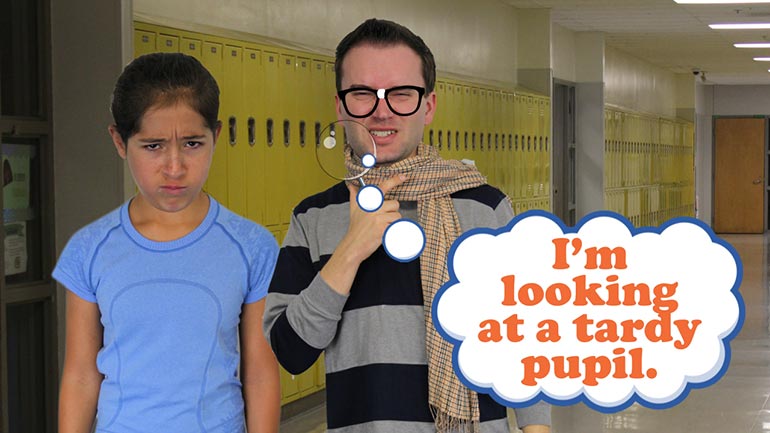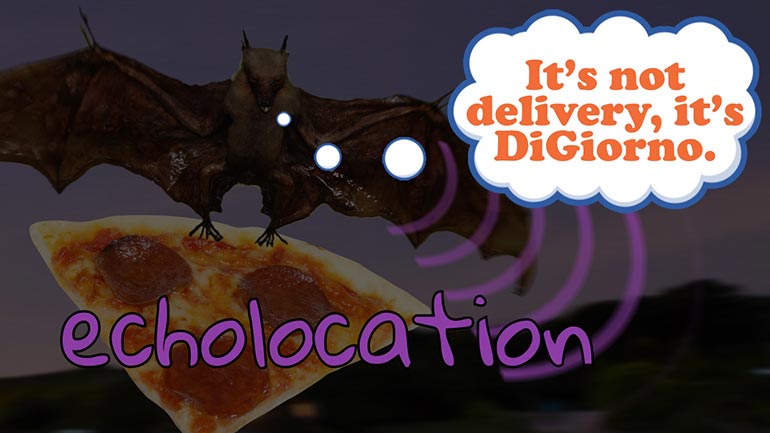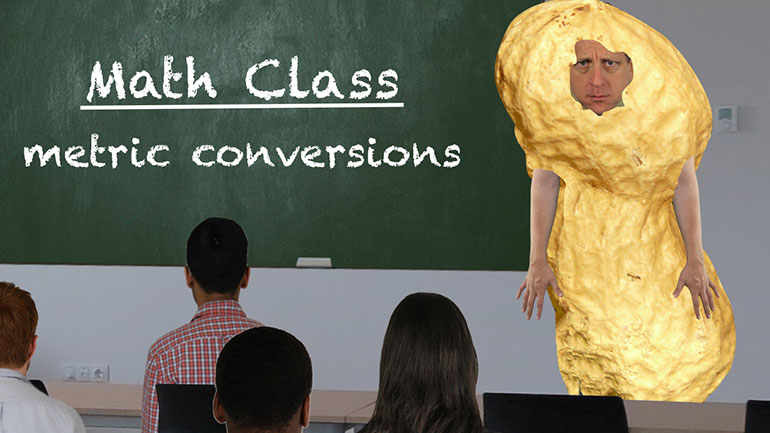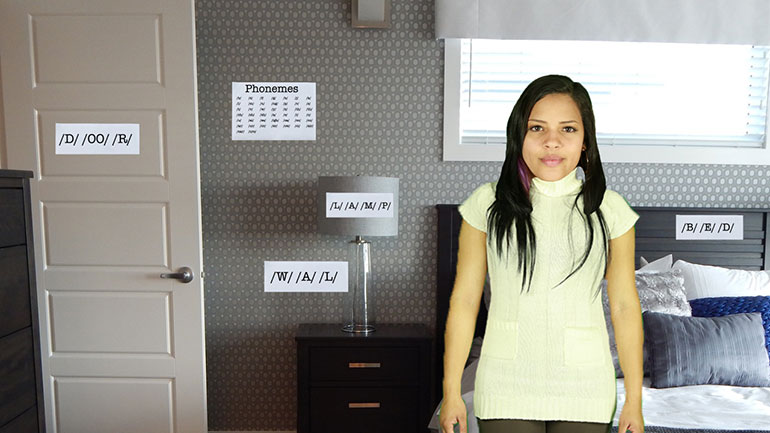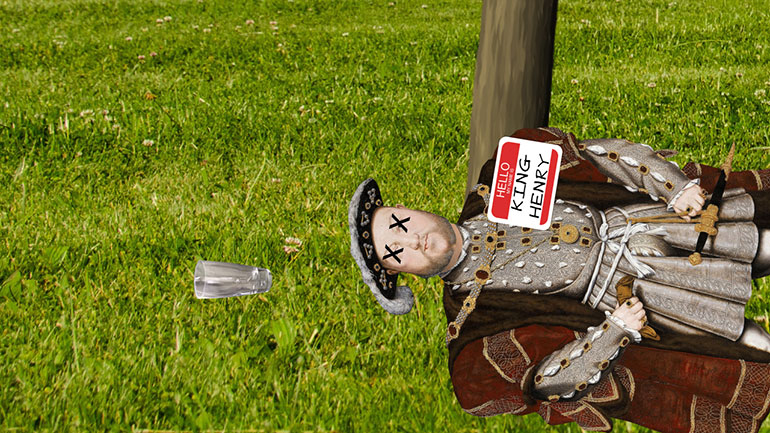ShmoopTube
Where Monty Python meets your 10th grade teacher.
Search Thousands of Shmoop Videos
4th Grade Videos 155 videos
Sticks and stones, right? Well...only sometimes. It's a good idea to make sure your words aren't going to hurt others. Let's look at some ways to d...
Learn to debate like a champ. It's way better than debating like a chimp. That just takes mudslinging to a whole new level.
Today we'll learn about biographies and autobiographies. And no, the second one has nothing to do with the lives of cars.
ELA 4: Text Features in Plays, Poetry, and Prose 69 Views
Share It!
Description:
Spoiler alert: this has nothing to do with emojis. Look for your pizza poop icons elsewhere. Today's video is about the features of text in poetic writing.
Transcript
- 00:03
[Coop and Dino singing]
- 00:13
We all know that writing is made up of text, aka words.
- 00:17
Take a bunch of words, put them together in an order that makes sense, and voila! [Dino discussing texts]
- 00:20
You've got writing.
- 00:21
Easy, huh?
Full Transcript
- 00:22
But it’s not that simple. [Man on a scooter with his feet up]
- 00:24
We know, we know, how complicated can text get?
- 00:27
Well, depending on the various text features, like heading, capital letters, italics, indented
- 00:32
paragraphs, et cetera, et cetera…writing can take on many different forms.
- 00:36
And with different forms comes different meanings.
- 00:38
So let's look at three different types of writing that use different text features. [Coop teaching about the different types of writing]
- 00:42
First - poetry.
- 00:43
This one's a good place to start, because at first glance, it's pretty easy to identify
- 00:46
a poem. [Woman pointing to man with a poem t-shirt in a line-up]
- 00:47
Just take one look at the old Mother Goose story Humpty Dumpty and right away you can
- 00:51
tell it's a poem.
- 00:52
But how?
- 00:53
Are we all just born able to identify poems? [Poem Identifier Man wearing a red cape]
- 00:55
Well, as cool as that would be, it’s actually because of the poem's specific text features.
- 01:00
One example of a text feature common in poetry is a line break.
- 01:03
Sometimes, the author will suddenly stop a line in the middle of the sentence because
- 01:06
they want us to stop reading it at that moment, which can be used for emphasis.
- 01:10
Another text feature of poetry is rhyme or rhythm, which poets use to make their poems [Coop talking about text features in poetry]
- 01:14
sound more musical.
- 01:15
Here at Shmoop we think that's cool, We wouldn't lie, and we only eat gruel!
- 01:19
…We'll work on a better poem. [Person approaches shmoop cafeteria desk for a bowl of gruel]
- 01:20
Another type of writing that has its own unique text features is a play.
- 01:23
A play is meant to be performed by actors on a stage, and this means that the author
- 01:27
has to include specific text features that tell the actors what to do. [Actors acting in a theater play on stage]
- 01:31
One text feature of a play is the “Cast of Characters” - a list of everyone in the play.
- 01:35
Another text feature are the lines of dialogue which appear after the name of the character
- 01:39
who speaks that line.
- 01:40
This one is pretty crucial because otherwise, it would be less a play and more… some kind [Old man approaches table with mime heads]
- 01:45
of weird, silent performance art.
- 01:46
A third text feature specific to plays are stage directions.
- 01:50
Stage directions are sort of like dialogue lines, but instead of telling actors what [Stage directions highlighted]
- 01:54
to say, it tells them what to do – where to stand, where to move, and how to behave.
- 01:58
And they should definitely not be read aloud.
- 02:00
We know that from firsthand experience.
- 02:02
It's best not to yell, "Romeo dies tragically!" as you're falling down dying…. [Romeo falls down dead]
- 02:07
Our last type of writing is one that you're probably most familiar with, and that's prose.
- 02:11
Open up a magazine, novel, or webpage, and you're most likely reading prose.
- 02:15
See a bunch of block paragraphs, one after another, that seem to just blab on forever? [Paragraphs of blab, blab, blee, blee]
- 02:19
That's prose.
- 02:20
But even blabbering prose has its own specific text features.
- 02:23
For instance, most prose uses indented paragraphs to tell us when the author is starting a new idea.
- 02:28
And when an even bigger new idea is started, a chapter heading appears to indicate the
- 02:32
beginning of a new aardvark. [An aardvark appears]
- 02:33
…just checking to make sure you’re listening.
- 02:36
A chapter heading indicates the beginning of a new chapter.
- 02:39
As you can see, not only do different forms of writing feel and sound different, but their [Forms of writing sitting in a class room]
- 02:44
text features make them look different, too.
- 02:46
By understanding those features, you can better identify exactly what it is your teacher is
- 02:50
trying to make you read!
- 02:51
And then you can grumble on Twitter about how unfair it is that you have to read prose. [Students grumbling about class]
- 02:55
But, hey, at least you identified it as prose!
Related Videos
Sticks and stones, right? Well...only sometimes. It's a good idea to make sure your words aren't going to hurt others. Let's look at some ways to d...
Learn to debate like a champ. It's way better than debating like a chimp. That just takes mudslinging to a whole new level.
Today we'll learn about biographies and autobiographies. And no, the second one has nothing to do with the lives of cars.
In this lesson we'll subject you to some verbs and predicates. Each one is a necessary part of a complete breakfas—er...sentence.
Choosing words carefully is important. You may end up vexing the assemblage of citizens you're conversing with...or you might even just plain bore...
